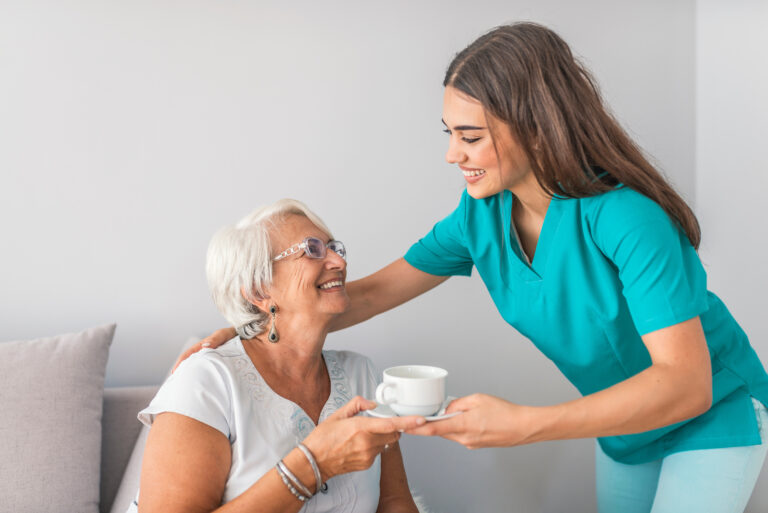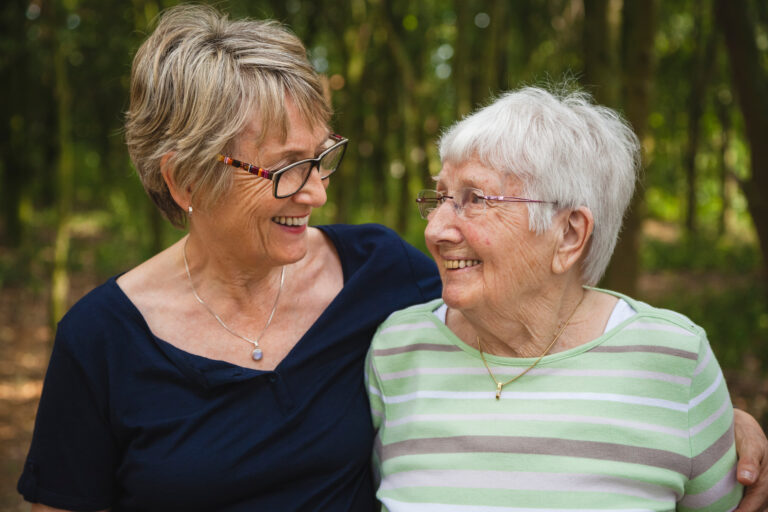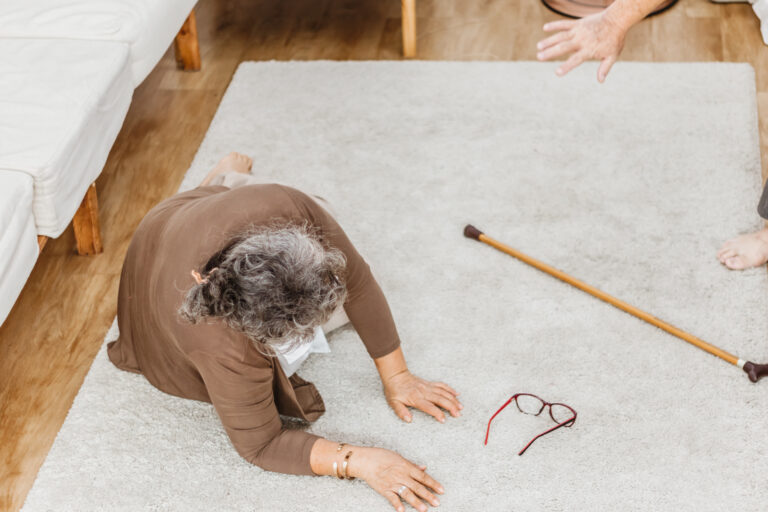Swollen ankles in elderly women are most commonly caused by a condition called chronic venous insufficiency (CVI), where the veins in the legs have difficulty returning blood back to the heart. This leads to blood pooling in the lower legs, causing fluid to leak into surrounding tissues and resulting in swelling, or edema. CVI accounts for about 70% of leg swelling cases in older adults. The veins’ valves, which normally prevent blood from flowing backward, become weakened or damaged with age, leading to this problem. Symptoms often include swelling, aching, heaviness, itching, cramping, and sometimes skin discoloration around the ankles. Walking can help relieve symptoms because it activates the calf muscles that pump blood upward, while standing for long periods tends to worsen the swelling. Treatment focuses on lifestyle changes such as elevating the legs regularly, wearing compression stockings, reducing salt intake, and doing exercises to improve circulation. In more severe cases, medical procedures or surgery may be considered to improve vein function[1][3].
Besides CVI, other serious medical conditions can cause swollen ankles in elderly women and should be ruled out by a healthcare provider. These include congestive heart failure, kidney disease, and liver disease. In congestive heart failure, the heart is unable to pump blood effectively, causing fluid to build up in the legs and other parts of the body. Kidney disease can impair the body’s ability to remove excess fluid, leading to swelling. Liver disease, especially cirrhosis, can cause fluid accumulation in the abdomen and legs due to low protein levels and increased pressure in blood vessels. Doctors typically perform a thorough examination including listening to heart and lung sounds, checking pulse and blood pressure, and examining the abdomen to assess liver size and detect fluid buildup. If swelling is sudden, painful, or accompanied by symptoms like shortness of breath, chest pain, or difficulty breathing when lying down, urgent medical evaluation is necessary[1].
Swollen ankles can also result from prolonged sitting or standing, which causes fluid to pool in the lower legs due to gravity. This type of swelling is usually mild and improves with leg elevation. Other less common causes include blood clots in the leg veins (deep vein thrombosis), infections, inflammation of blood vessels (vasculitis), and certain medications such as calcium channel blockers or steroids. For example, Henoch-Schonlein purpura, a rare inflammation of small blood vessels, can cause swelling and pain in the ankles and joints, though it is more common in children and young adults[2][6].
In elderly women, additional factors that may contribute to swollen ankles include reduced mobility, obesity, and weakened muscles around the veins, all of which impair circulation. Wearing tight or ill-fitting shoes can also worsen swelling. Managing chronic bilateral foot swelling often involves compression therapy, proper footwear, and leg elevation to reduce fluid buildup[5].
Diet and lifestyle play a role in preventing and managing swollen ankles. Excess salt intake can cause the body to retain fluid, worsening edema. A diet rich in high-quality carbohydrates such as whole grains, fruits, and vegetables supports overall cardiovascular health and may help maintain better circulation as women age. Regular physical activity, especially walking, promotes healthy blood flow and reduces the risk of venous insufficiency[7].
In summary, swollen ankles in elderly women are primarily caused by chronic venous insufficiency but can also signal serious underlying conditions like heart, kidney, or liver disease. Proper medical evaluation is essential to identify the cause. Treatment typically involves lifestyle modifications, compression therapy, and addressing any underlying health problems to prevent complications such as skin ulcers or infections[1][3][5].
Sources:
[1] Better Health While Aging – Leg Swelling in Aging
[2] DrOracle.ai – Differential Diagnosis for Swollen Ankles
[3] Yale New Haven Health – Chronic Venous Insufficiency
[5] DrOracle.ai – Management of Chronic Bilateral Foot Swelling
[6] Mayo Clinic – Henoch-Schonlein Purpura
[7] Times of India – Healthy Aging: Smart Carbs for Women in 40s





